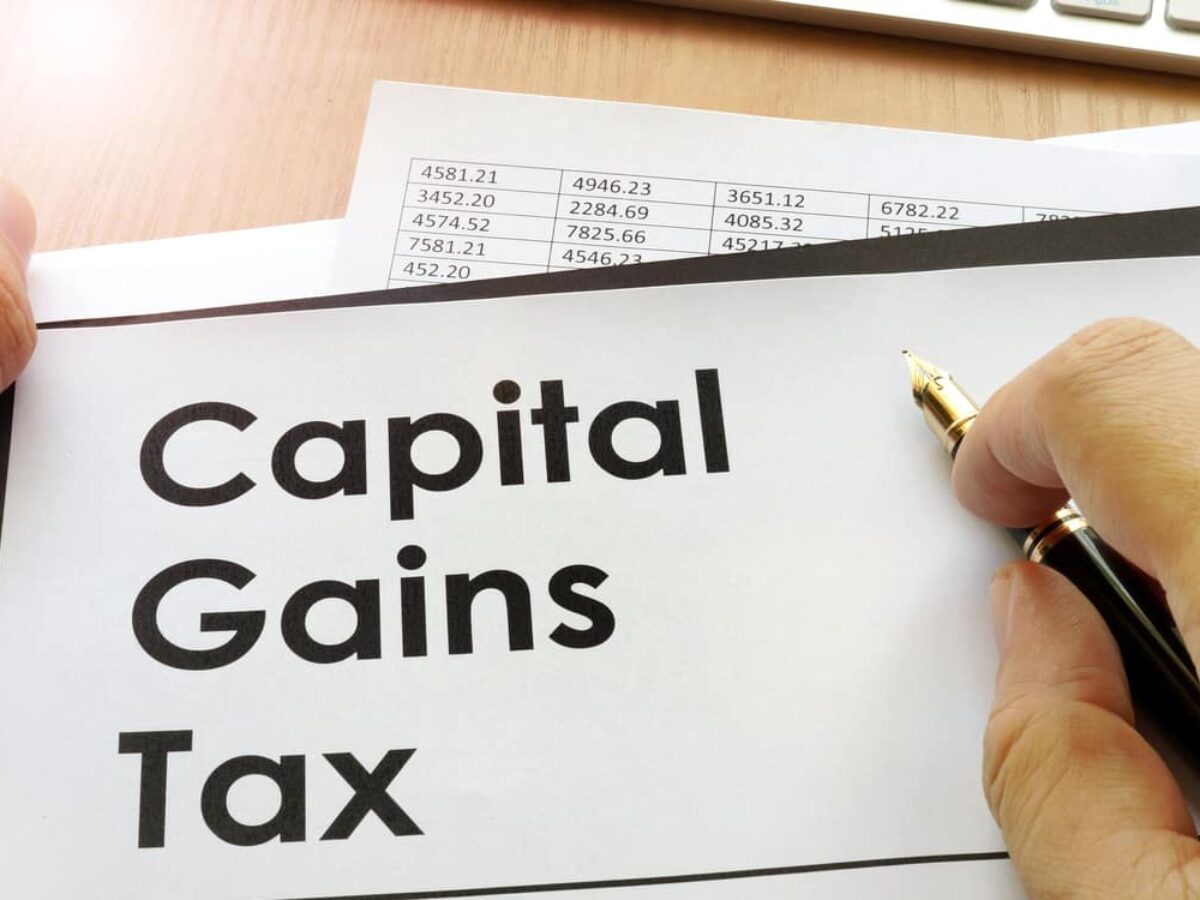Capital Gains Tax in the UK: Understanding Its Mechanics and Strategies for Compliance
Capital Gains Tax (CGT) in the UK, a critical aspect for both individual taxpayers and businesses, demands a comprehensive understanding for effective financial planning. As specialized CGT accountants, we delve into the intricacies of this tax, focusing on its application, calculation, and essential avoidance strategies, especially in relation to the Residential Capital Gains Tax.
What is Capital Gains Tax?
Capital Gains Tax is a tax on the profit when you sell (or ‘dispose of’) an asset that has increased in value. It’s the gain you make that’s taxed, not the amount of money you receive. The range of assets includes everything from personal possessions worth £6,000 or more, apart from your car, to property and business assets.

How is CGT Calculated?
The calculation of CGT starts with the determination of the gain. This is the difference between what you paid for the asset and what you received when selling it, after deducting allowable expenses. These expenses can include enhancement costs, legal fees, and stamp duty. The next step involves applying the applicable CGT rate, which depends on your overall taxable income.
Residential Capital Gains Tax: A Closer Look
Residential Capital Gains Tax is particularly relevant when selling a property that is not your main home. This includes second homes, rental properties, and properties inherited that have increased in value. It is crucial to calculate the exact gain and understand the available reliefs, such as Private Residence Relief, which may reduce the taxable gain.
Strategies to Legally Avoid Paying Excessive CGT
- Utilize Allowances and Exemptions: Every taxpayer has an annual CGT allowance, allowing them to earn a certain amount of gain tax-free. Using this allowance effectively can significantly reduce your CGT liability.
- Timing of Asset Disposal: Timing can play a crucial role. Disposing of assets in a year when your income is lower can result in a lower CGT rate.
- Offsetting Losses: If you’ve made a loss on the sale of an asset, this can be offset against any gains, reducing your overall CGT liability.
- Gifts to Spouse or Civil Partner: Transfers between spouses or civil partners are CGT-free, which can be strategically used for tax planning.
- Invest in Tax-Efficient Options: Investing in schemes like the Enterprise Investment Scheme (EIS) can offer CGT relief.
Seek Professional Advice from a CGT Accountant
Navigating the intricate landscape of Capital Gains Tax (CGT) requires not just a basic understanding of the tax itself, but also an awareness of the constantly evolving tax laws. This is where the expertise of a qualified CGT accountant becomes indispensable. A CGT accountant specializes in understanding the nuances of CGT and offers personalized advice that aligns with your unique financial circumstances.
Why a CGT Accountant is Essential for Effective Tax Planning
- Expertise in Tax Legislation: CGT accountants are well-versed in the latest tax laws and can provide up-to-date advice on how these changes might impact your financial decisions.
- Personalized Tax Strategies: Every individual’s or business’s financial situation is unique. A CGT accountant assesses your specific scenario and crafts strategies that maximize your benefits while staying compliant with tax regulations.
- Handling Complex Transactions: The sale of high-value assets, investment properties, or business assets can involve complex CGT calculations. CGT accountants have the expertise to handle these transactions efficiently.
- Risk Mitigation: Misinterpretation or lack of knowledge regarding CGT can lead to costly mistakes. Professional advice mitigates these risks, ensuring that you don’t pay more tax than necessary.
- Future Planning: CGT accountants don’t just look at your current tax situation; they also help plan for the future. This could involve advising on the tax implications of potential investments or estate planning.
- Liaison with Tax Authorities: Should there be any disputes or clarifications required with tax authorities, a CGT accountant can effectively communicate and negotiate on your behalf.
Navigating Residential Capital Gains Tax with Professional Guidance
Residential Capital Gains Tax, a key area of CGT, requires special attention, particularly for property investors or those owning multiple properties. A CGT accountant can guide you through the complexities of Residential Capital Gains Tax, ensuring you understand your liabilities and can take advantage of any applicable reliefs or exemptions.
Leveraging Professional Resources
For comprehensive insights into CGT and Residential Capital Gains Tax, it is crucial to consult resources offered by specialists in the field. For those in need of a skilled CGT accountant, the website Tax Accountant is an invaluable resource. This platform provides extensive information and guidance on various aspects of Capital Gains Tax. Additionally, keeping abreast of the latest developments in Residential Capital Gains Tax is essential, especially for property owners and investors. A prime resource for this is Property Capital Gains Tax Changes for Investors, which offers updated information and strategies to navigate the complexities of property-related capital gains tax. These resources are instrumental in enhancing your understanding and management of CGT and its implications.
Conclusion
Understanding and navigating Capital Gains Tax in the UK is a complex task that requires careful planning and knowledge. By leveraging allowances, timing asset disposals correctly, and seeking professional advice, taxpayers can effectively manage their CGT liabilities.